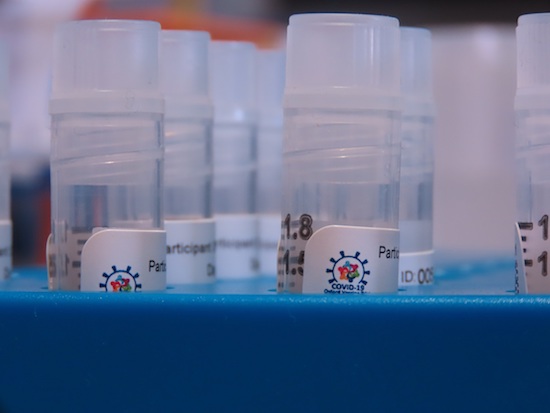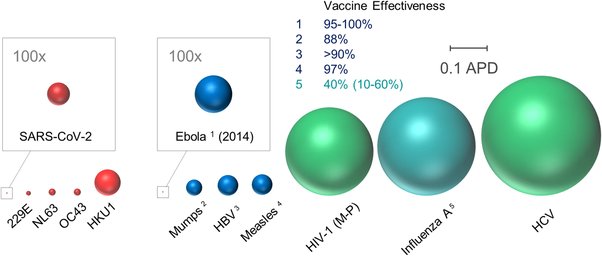There is a great deal we don’t yet fully understand about how the coronavirus attacks the human body but we have established that the quest for a vaccine is a high priority.
In recent times that development and trials of the vaccine in the UK led by the Oxford Vaccine Group has hit problems resulting from the decline in Covid-19 cases in the UK. The problem being that its obviously unethical to expose people to the virus deliberately to see if the virus works.
When the results of infection can be anything from no symptoms at all to death most would find that incredibly easy to understand.
The decline of Covid-19 cases with time across the world has been mentioned on this site before, abbreviated to DOCC theory, it stems from some established information that indicated that simple proximity to previous coronavirus outbreaks without infection leads to T cell production with subsequent protection from the worst ravages in about 50% of exposures.
Whilst we know this is a real phenomenon we don’t as yet know why or how, though in further research it becomes apparent that the candidate viruses for stimulating that immunity have two strong viral candidates as favourites, OC43 and 229E to be precise.
Because these two viruses had a nuisance factor but were not sufficiently threatening to human life there was no real drive to develop a vaccine. At the other extreme SARS and MERS were more lethal and that fact meant that although a threat to humans the more lethal results to hosts meant they rapidly ran out of hosts to replicate in once isolated. In fact this combination of circumstances means that to date there has not yet been a working coronavirus vaccine.
With the recent announcement that the Oxford Vaccine Group may have a working and safe vaccine for a large section of the population we may well be on our way to the first of these, though there are about 70-80 other research groups also in the quest for a coronavirus vaccine, Moderna being the other main contender. The Oxford Vaccine Group have developed a partnership with Astra Zeneca to produce an initial 2 Billion doses of its vaccine before it has even been declared effective. Is this a gamble or are they that confident it will work?
The point arrises though that as yet we may not fully appreciate what the significance of coronavirus is.
If infection by SARS, MERS, OC43 or 229E offers at least some sort of protection if not full immunity from SARS Cov-2 and its related disease Covid-19 then it may be that a successful vaccine might in fact offer some sort of protection from future coronavirus infections as well.
This could mean that we actually only need a vaccine to work for one of the coronaviruses in order to be protected from future coronaviruses. All speculation at present but it could be interesting to see what develops from the scramble to combat the current coronavirus SARS Cov-2.




